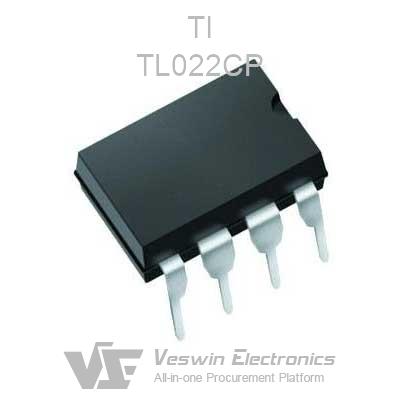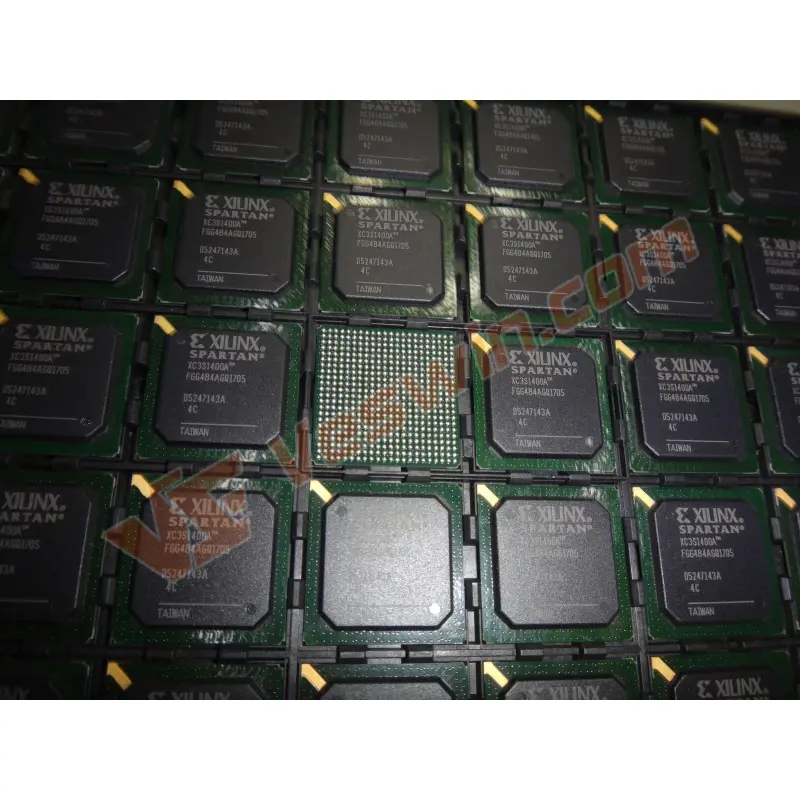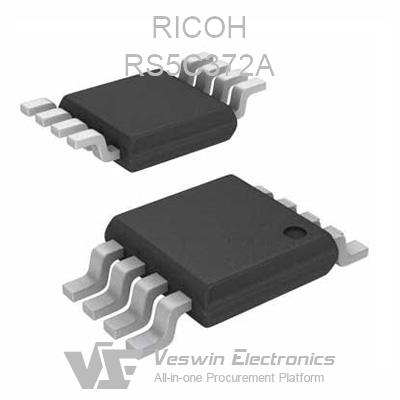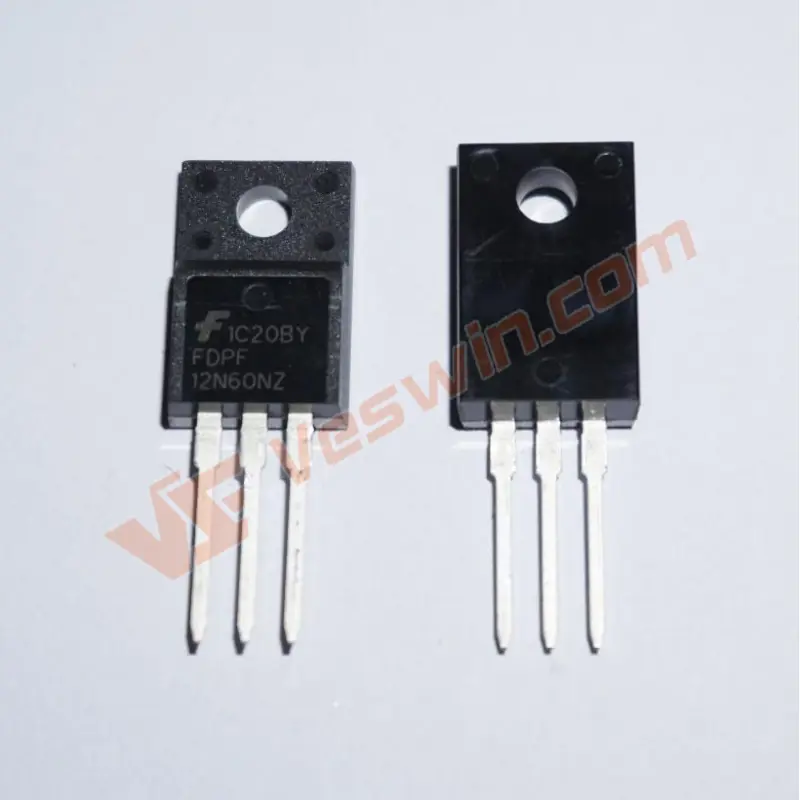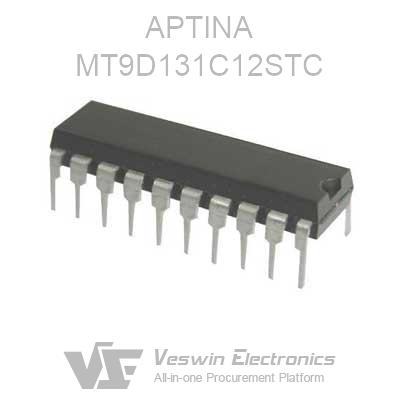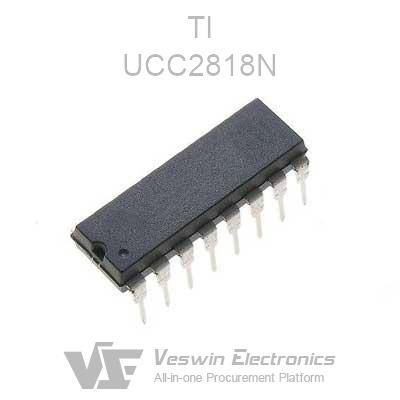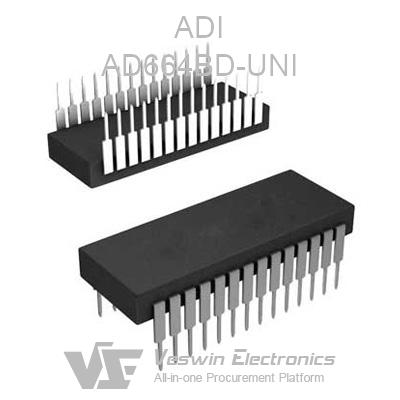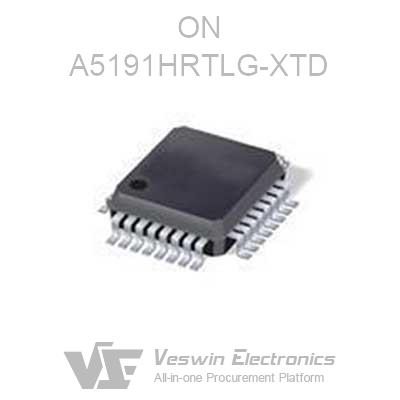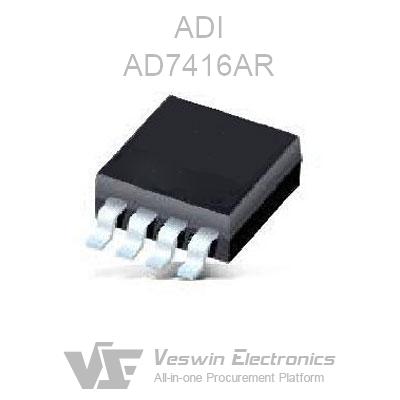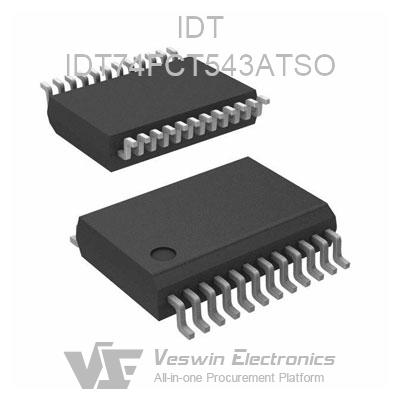As energy storage systems become increasingly complex, the need for an efficient control system to monitor device status, manage user interfaces, regulate power output, and handle communication functions becomes paramount. The Microcontroller Unit (MCU) fulfills this role, ensuring the efficient, stable, and safe operation of energy storage systems. This critical component not only extends battery life but also enhances user experience and promotes efficient energy utilization. With the growing demand for lithium-ion storage batteries, the MCU, as part of the Battery Management System (BMS), is poised for significant growth.
A Microcontroller Unit (MCU) is an integrated circuit designed to perform specific control tasks within an embedded system. It includes a processor, memory, and input/output peripherals on a single chip, allowing it to manage various functions efficiently and autonomously. MCUs are integral to numerous applications, ranging from consumer electronics and home automation to industrial control and automotive systems, due to their ability to execute predefined operations reliably and with low power consumption.
In the context of energy storage devices, particularly those employing lithium-ion batteries, the MCU serves as the central control hub. It is responsible for orchestrating the operation of the entire system, ensuring that all components work together harmoniously. The MCU manages the battery management system (BMS), overseeing critical functions such as monitoring battery health, regulating charge and discharge cycles, and implementing safety protocols to prevent overcharging, over-discharging, and potential short circuits. This coordination is essential for maintaining the safety, efficiency, and longevity of the battery system.
The MCU in energy storage systems performs several essential functions:
Battery Monitoring and Protection: The MCU continuously tracks key parameters such as voltage, current, temperature, and the state of health (SOH) of the battery. This real-time monitoring allows the MCU to manage the charging and discharging processes effectively, optimizing performance and extending battery life.
Data Collection and Analysis: By collecting data from various sensors, the MCU can process and analyze this information to make real-time control decisions that ensure optimal system operation.
Communication Interface: The MCU facilitates communication with external devices and systems through wired interfaces like CAN bus, RS-485, and Ethernet, as well as wireless interfaces such as Bluetooth and Wi-Fi. This capability is crucial for remote monitoring, control, and integration with smart grids and other energy management systems.
User Interface Management: For energy storage devices equipped with displays or input mechanisms, the MCU manages the user interface, providing real-time system status updates, alerts, and allowing user configuration of system parameters.
Safety Protocol Implementation: The MCU enforces various safety protocols to protect the battery and the overall system from potential hazards like overheating and electrical faults.
Several MCU solutions are specifically tailored for energy storage applications, designed to meet the unique demands of battery management and energy optimization. Manufacturers such as NXP offer MCUs that integrate advanced safety libraries and comply with industrial safety standards like IEC 61508 and IEC 60730, ensuring the highest levels of reliability and safety.
These MCUs typically feature:
High-Precision Analog Front Ends (AFE): To accurately measure battery parameters.
Advanced Power Management Units (PMU): Enhancing energy efficiency and power management.
Multi-Channel Communication Interfaces: Providing robust connectivity options.
Security Modules: Ensuring protection against cyber threats and maintaining data integrity.
The development of MCUs for energy storage systems is driven by several key trends:
Firstly, enhanced computational power and integration are becoming more prominent. Future MCUs will offer greater computational capabilities, allowing for more sophisticated data processing and advanced battery management algorithms. This increased functional integration will simplify system design and reduce overall costs, making the systems more efficient and cost-effective.
Secondly, energy efficiency is a critical focus area. Low-power design is becoming increasingly important to extend battery life and minimize energy consumption. This focus on energy efficiency not only enhances the sustainability of the systems but also ensures that they can operate effectively for longer periods without the need for frequent maintenance or battery replacements.
Security enhancements are another significant trend. As cybersecurity threats continue to evolve, MCUs are incorporating more advanced security features such as encryption accelerators, secure boot, and memory protection units. These features are essential to ensure robust system security, protecting sensitive data and maintaining the integrity of the energy storage systems.
Moreover, the integration of machine learning and AI capabilities is on the rise. By incorporating these advanced technologies, MCUs can enable smarter energy management, predictive maintenance, and real-time decision-making. This advancement allows for more accurate predictions of battery health and optimization of charge and discharge strategies, ultimately improving the overall efficiency and reliability of the systems.
Lastly, the adoption of RISC-V architecture is gaining traction. The open-source RISC-V architecture is favored for its flexibility, high performance, and cost-effectiveness. MCUs based on RISC-V, such as those from domestic manufacturers like APT and Qin Heng Microsystems, are well-suited for energy storage applications. These MCUs offer high performance and rich peripheral resources, making them ideal for handling the complex demands of energy storage systems.
MCUs are fundamental components in modern energy storage systems, acting as the central processors that ensure efficient, safe, and intelligent operation. As technology advances, MCUs are becoming more powerful, integrated, and energy-efficient, enabling more sophisticated battery management and energy optimization. The future of energy storage MCUs will be characterized by enhanced security, machine learning integration, and adherence to industry standards, promising more robust, interoperable, and sustainable energy storage solutions.
Q: What role does an MCU play in energy storage devices?
A: In energy storage devices, the MCU acts as the central control hub, managing the battery management system (BMS). It monitors battery health, regulates charge and discharge cycles, implements safety protocols, and ensures harmonious operation of all system components.
Q: Why is energy efficiency important for MCUs in energy storage systems?
A: Energy efficiency is crucial as it extends battery life, minimizes energy consumption, and enhances the sustainability of the systems. Efficient MCUs ensure longer operation periods and reduce the need for frequent maintenance or battery replacements.
Q: How does the adoption of RISC-V architecture benefit energy storage MCUs?
A: The RISC-V architecture offers flexibility, high performance, and cost-effectiveness. MCUs based on RISC-V, such as those from manufacturers like APT and Qin Heng Microsystems, are ideal for energy storage applications due to their high performance and rich peripheral resources.
Q: How does an MCU enhance the safety of energy storage systems?
A: MCUs enhance safety by continuously monitoring key battery parameters such as voltage, current, and temperature. They implement safety protocols to prevent overcharging, over-discharging, and potential short circuits, thereby protecting the battery and overall system from damage and hazards.
Q: Can MCUs in energy storage systems communicate with other devices?
A: Yes, MCUs facilitate communication with external devices and systems through wired interfaces like CAN bus, RS-485, and Ethernet, as well as wireless interfaces such as Bluetooth and Wi-Fi. This capability is essential for remote monitoring, control, and integration with smart grids and other energy management systems.
Hot News
